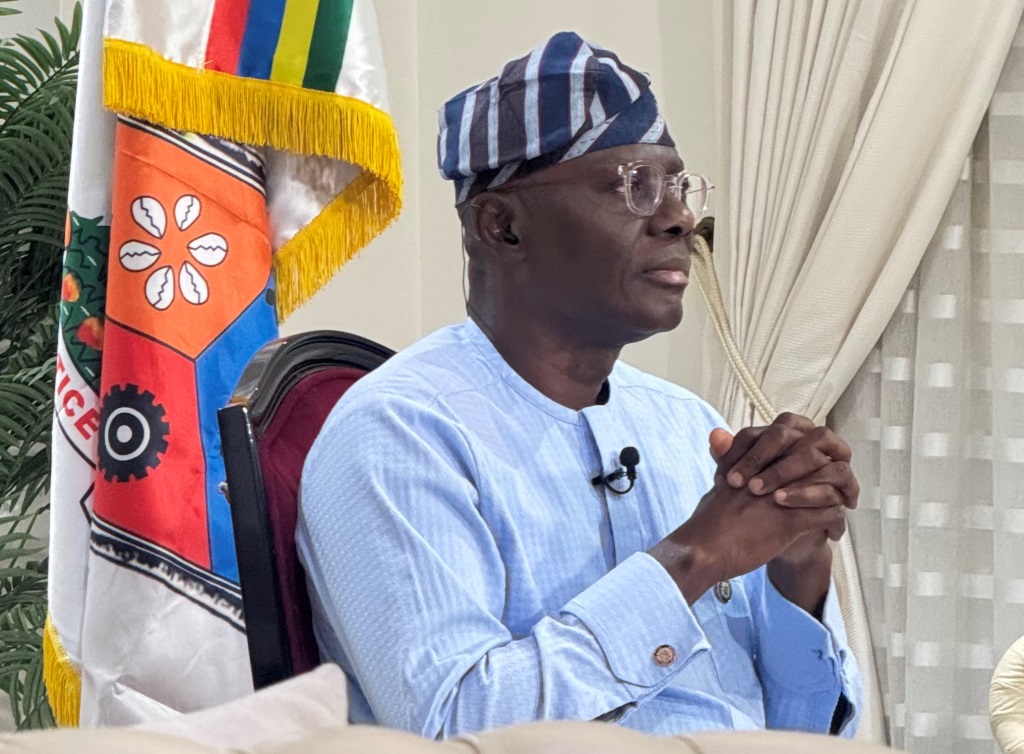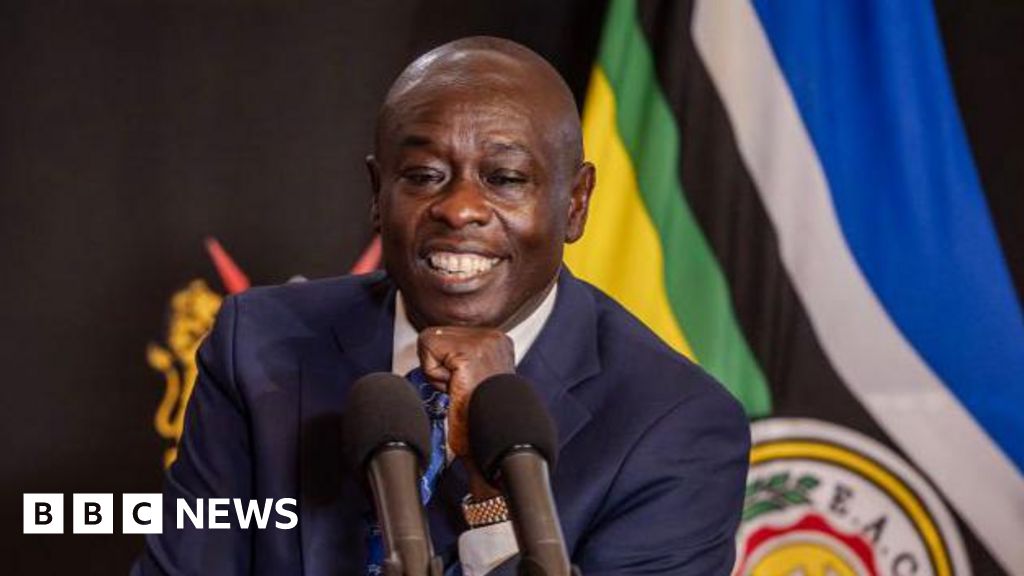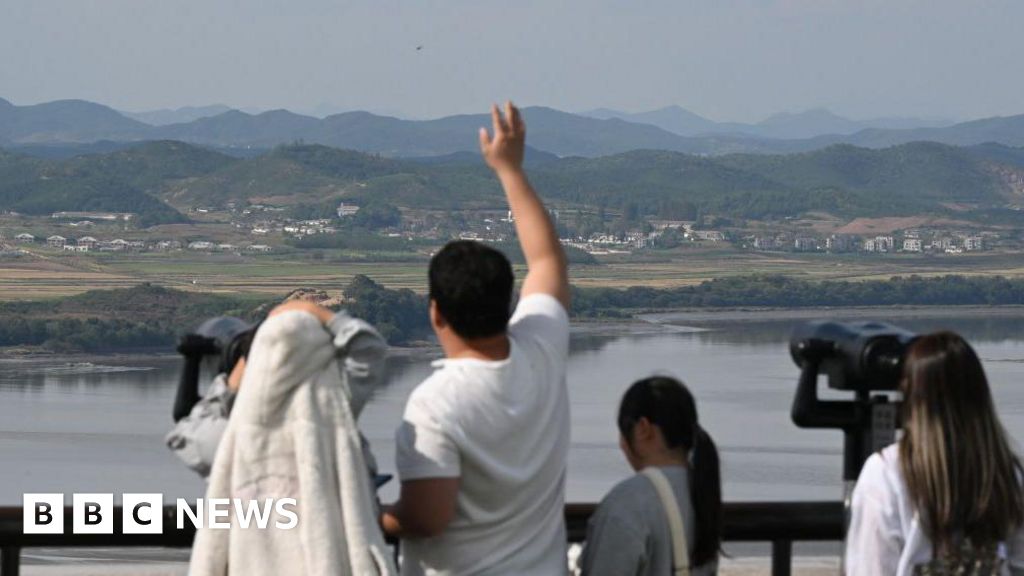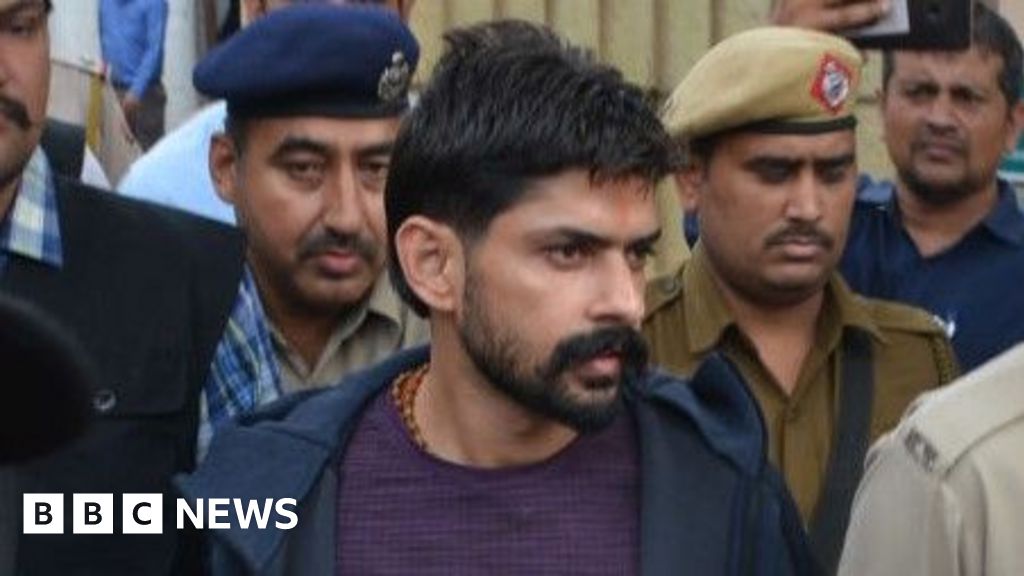Place your adverts here on InfoDig @ low rates; banner ads, sponsored links and guest articles etc. Contact us

What is the place of public relations practice when it comes to peace building and national peace? This was the question erudite Professor of economics and elder statesman, Prof. Pat Utomi sought to answer in this piece he present at a recent NIPR event.
I entered the arena of PR practice as an undergraduate at UNN when I researched and wrote my project or Undergraduate thesis, on PR in Nigeria Airways.
From just fulfilling class requirements in 1975 I became fascinated by the struggles of Femi Ogunleye who was PR manager, at the time, for the national carrier. I understand he became a traditional ruler in later years but we became friends at the time, as I traveled to and fro Lagos to interview him, tour their facilities and speak to senior management.
I would find myself drawn into the role of an activist for installing PR as a senior management function in Nigeria Airways.
As a youth Corper news reporter, a year after the thesis was submitted, with some gravitas from the stable of Newbreed magazine, I hammered away at the matter before I left for graduate school in 1978.
In grad school my interest quickly shifted to policy economics and I did not quite think I would cross paths with PR on return to Nigeria.
At the time I returned to Nigeria in late 1982 the people in the news around PR were the UACN PR helmsman, Mike Okereke, Victor Ogundipe of Afribank and some from the Oil and Gas sector like Kanu Offonry at Shell.
Of course the government spokespersons got significant attention alongside colleagues in the Import Substitution Industries like the Delta Steel Company, Ovwian/Aladja, where some of my UNN classmates , like John Omokhomion, worked in PR, and those at the automobile assembly plants.
It was easy to observe, back in the those days, that PR practice included a group I called ‘press release distributors’ who typically came in from Journalism reporting careers, in newspapers; to those sent to PR as a result of declining output as Secretaries, or in operations. There were also, the good time boys skilled in organizing parties and procuring what made the boss happy after hours, and the protocol types who were charged with Airport reception duties and ensuring the welfare of guests. The spectrum also included professionals who devised plans and programmes to generate goodwill for their organization among stakeholders whose acts had consequences for organizational performance.
From amongst the last group there was even a segment that sought to inject a higher intellectual profile into PR so it could influence Corporate culture, firm strategy and public policy outside the firm. Victor Ogundipe seemed ahead of the pack in this segment.
His principal, Oladele Olashore profited from this by gaining a high profile as a policy thought leader.
When Olashore moved from Afrbank to First Bank, as Managing Director, he took Ogundipe with him, and named him General Manager for Corporate Development where the corporate Communications function was just a unit.
It was at this stage that Volkswagen of Nigeria was embroiled in a crisis of both Human Resources management with frequent strikes and troubles of Labour relations nature, on top of a corporate communications melt down.
The company had a PR manager who was quite well known, a FIFA graded football referee named Linus Mba. But the management consultant working for the company, Chief Foluso Longe recommended the hiring of a Corporate Affairs manager who understood Management in addition to media relations. He was head hunting and asked help from the leading lights in public affairs management. Among them were Mike Okereke of UACN and Victor Ogundipe.of First Bank.
One day in 1984 I was guest at the home of Victor Ogundipe for a luncheon when Ogundipe and Okereke approached me to reach out to Longe about a position in VW. I was already set up in consulting after a brief time in government and passed up the invitation.
To be helpful I suggested another friend, Kanmi Ademiluyi, then editor of the Democratic, for the position.
Six months later I ran into Linus Mba at the office of the editor- in – chief of NAN, Dr Nwabu Mgbemena. The MD/Editor in Chief had been my lecturer at UNN. From interacting there in Dr Mgbemena’s office with Mba who was still PR Manager at VWN It turned out the position had not been filled.
Longe was clear the kind of person he was looking for and it was not the regular PR person in the mould of Linus Mba, a very pleasant man but old style PR person.
At the time, my wife was having a problem with her brand new Jetta wedding present from her father. The Clutch had failed barely a week after purchase of the factory fresh car.
I contacted Linus Mba who asked that I bring in the car. When I got there he was not in the office and I contacted the only other name I knew in the company, the General Manager for HR, Mr Reg Apiafi.
That led to an encounter which landed me in the corporate affairs manager position at VWoN.
My watch was in the time of the rise of the Corporate Affairs managers, designated differently from the PR officer, or PR manager. It coincided with the Structural Adjustment Progrmme and economic policy reform during which entry barriers into Banking that had been raised by the Banking Ordinance of 1959 until entry barriers to entry were relaxed to bring stronger competition into the sector and enhance performance.
The licensing of several new banks founded by younger indigenous entrepreneurs competing for strong branding and Corporate identity, set off a new age for corporate affairs management.
Corporate communication as part of Strategy had arrived. Understanding how the economy worked and using that to weigh the power and level of interest of stakeholders around, with which the firm, with limited resources, would build good will that could allow sustainable superior performance over rivals, was now key to play in the new era. This was discomfiture for some of the old guard. It may also be the reason a very self assured Victor Ogundipe may not have earned enough acceptance from the old guard in spite of the evident impact of his work. He was seen by some as a braggart and this may have caused him not to earn the gratitude of the PR tribe. When organizational politics led to his departure from Forst Bank and the star studded Commerce bank initiative he was part of hit crisis he returned with his American wife to the US. Things did not seem to have gone too well in the US and Ill health compounded matters so that few knew when he came back to Nigeria. I was well into my time at VWN then.
Perhaps it is here I can locate what may be my contribution to changing the ways of the profession. Once I was in place at VWN my approach began to significantly change the game. Longe who cleverly ‘whitemailed’ me into taking up the position at VWN was now sought by most of the multinationals trying to manage corporate communications at a time of policy angst and rapid economic change. Longe on his part would simply call me and say can you give me another person like you. The first was the Unilever subsidiary, Lever Brothers Nigeria. When Longe asked, I recommended the Business and Economy Editor of the Vanguard Newspapers, Jimi Disu,and he was immediately appointed.
I then began to keep a dossier of Business and Economy Reporters.
In my view they had a better understanding of the economy as people struggled with J-curve lags in explaining SAP. Add Corporate planning and Corporate Affairs management training to that background and the person was made. I had by then designed such a course at the Lagos Business School which was then starting but was called Centre for Professional Communications at the time.
The Oil companies bought into the course big time and at a point Shell required that I run the course for their managers at their training location in Warri. The Corporate Affairs Function seminar at LBS would attract many leading PR managers. The past participants would form an alumni association and create a halo around their members.
I was also biased in favour of financial journalists because the most regarded Central Bank Governor in the world at the time was possibly that of the Bundesbank, that of Germany – Karl Otto Pohl who was a former financial journalist. So in addition to grooming PR people with a spicing of economics and management I canvassed understanding Strategy by which organizations delivered sustainable superior performance over rivals.
Reporting of the economy in Nigeria back then was quite poor and reflected the limited training in economics by many reporters.
The World Bank Resident Representative in Nigeria at the time, Gerald Flood, approached me to see if we could organize a programme for journalists. We ended up with a one week long residential programme in Gateway Hotel in Otta.
Two months later Flood would call me and ask what miracle we pulled off. Reporting had improved dramatically.
One year later he called me again and says I do not know what has happened, they seem to have forgotten all you guys imparted to them in Otta.
I said to him that a majority of the nearly 40 journalists in Otta were hired away into Corporate Affairs departments of Banks within months. Their replacements lacked the knowledge transferred in Otta. That was what showed through in the declining quality of reporting the economy.
But in corporate affairs management with that crew, a new order in corporate affairs management had dawned. I would dare say the course at LBS, and the migration of journalists into much better paying positions in PR in banking with better training in economics and public policy,created a new PR elite.
One of my charges to participants in the Corporate Affairs Function seminar was that Nigeria had the irony that two functions that were the easiest to reach the CEO position from, PR and HR were amongst the most looked down on and seen as velvet ghetto to dump non performers yet to be effective in those roles required a Helicopter view of the organization which is what is needed to be effective as a chief executive.
I spoke in similar vein in keynote addresses to the Institute of Personnel Management of Nigeria. All that was required was a little tweaking of the training and mindset of the incumbents
At a personal level it was quite comforting that I took charge of both the CA and HR functions as I became Deputy Managing Director at VW
Let me now turn to the subject of our lecture.

Public Relations As Tool For Peace Building In A Fractured Society
The new culture of public relations brought clearly to the table the tools of PR as a management function integrated into Corporate and Business Strategy using planning and programming to achieve the state of goodwill that will engender peaceful coexistence without which growth and development would be unlikely.
The professional PR person confronted with this problem would need first to identify the problem with evidence of how it manifests rather than the assumptions of what the roots may be,; establish the key stakeholders and how they contribute to the problem and then design programmes that create disposition to reconciliation. Communicating outcomes of the programmes would then show how the embrace of more peaceful order serves all better.
DIAGNOSIS
Disheartening as it may be, discontent is now a global phenomenon. Understanding what is fueling it is critical to prescribing solutions.
In this regard my analysis will track a variety of trends and phenomena from ; irredentist dispositions in the post colonial African state going back to the Berlin conference that partitioned Africa; the peace of Wesphalia and the concept of the modern nation state; post WWII doctrine of self determination; globalization and the challenge of market dominant minorities; the threats of emotion versus reason in democracy; patterns of reconciliation and the nature of the state in post colonial Africa. Critical to our synthesis of explanations from the foregoing trends and phenomena will be nature of political parties which have evolved in Nigeria and quality of leadership talent that has found its way into public life
Current Trends Impacting Social Cleavages
The rise of the right in Europe which recently saw electoral victories in Germany that have not been experienced since World War II mark out a trend of decisive politics that have affected many countries.
Such are these trends that some see a coming end of democracy.
In the UK the former head of department of politics and international studies at Cambridge David Runciman, whose book How Democracy Ends captured concerns about the future of Democracy and turns the gaze on the overconfidence that democracies fashions co-existence.. Across the Atlantic at Harvard, Steven Levitsy and Daniel Ziblatt carry their longer term concern with despots to the book How Democracies Die.
A set of their colleagues there at Harvard with similar concerns about social cleavages have focused their work at the center for Moral Cognition on how the divisions that make the gaps between us and them jeopardize Democratic consensus.
The work at the center led by Joshua Greene draws from Neuroscience, Psycholoy and philosophy to decide how emotion and reason interact to create these cleavages
Also a contemporary trend is the ‘clash of civilization. As the Berlin Wall came down some academic effort to project the future saw ample celebration of the work of Francis Fukuyama with his End of History in the Hegelian sense. His vision of a low trouble Pax America world of a single superpower ensuring a global democratic order based on Democratic ethos. Another view offered by Robert Kaplan saw the new conflicts not to be rooted in super power confrontation but in cleavages like ethnicity, religion and Mm poverty economics resulting in anarchy in poor regions.; and the perspective of Fukuyama’s professor at Harvard, Samuel P Huntington Jnr who in response wrote Clash of Civilizations which proved prophetic in terms of Islams’s confrontation with the West which reached its apogee in the 9/11 Osama Bin Ladin air hijack war on America.
The other two visions held up better than Fukuyama’s and are evident in many divisive insurgencies in Africa, including Nigeria.
If you layer the foregoing on how the scramble for Africa fracture homogeneous groups and brought together people forever at war before colonial domination you will see why the continent has been crippled by irredentist movements. Most sessions efforts failed because the dominant thesis of the International order derived from the Peace of Wesphalia following 30 years of religious wars in Europe triggered by the definistration of Prague in 1618. The 1948 treaty in Wesphalia enshrined the doctrine of non interference in the internal affairs of other countries. This doctrine guided international relations until genocide like the holocaust that exterminated 6 million Jews and the the Armenian pogroms that resulted in the coining of the word genocide, led the United Nations to a doctrine of self determination with the Universal Declaration of Human Rights.
PR Traditional Approaches
Good PR problem solving today begins with research. This enables the prescription to be evidence based.
From the evidence, programmes sensitive to the concerns raised can be addressed. Such evidence can also be used to evaluate and review past interventions to deal with the root cause of the centrifugal forces at play in the Nigerian federation. These would include the NYSC, the affirmative action initiatives generally called federal character, and the prebendal culture in project allocation
I would prescribe, based on perceptions of evidence, a repackaged NYSC scheme. New experiential civics classes from primary school level that focus on the universal dignity of the human person, a rejigging of the unity schools initiative which was impactful in the past.
Just like US universities can have year abroad programmes we should institute semester away programmes across the country with the student exchanges preceded by strong previous semester orientation and History classes. Carefully structured syllabus should make for learning without igniting resentment, perhaps building on Truth and Reconciliation committee outcomes captured in Bishop Matthew Hassan Kukah’s tome on the subject.
There are also those who argue that the Peace and Reconciliation initiative in South Africa was borrowed without full effect in terms of the limits of the Oputa committee. Managed well, especially in the context of new tensions from elections induced ethnic cleavages the commission can provide communal catharsis that will advance social peace. But what is gained gets lasting value from the communications plan.
The key to effect would be in how the outcomes and processes of the schemes are communicated.
Communicating Programmes and outcomes to create a sense of shared values
At the heart of PR based strategy, as indicated earlier, is how you communicate the programmes that management or leadership has arrived at from reflection on the vision and strategy leading to the envisioned end.

Many factors affect fidelity and effectiveness of communication
The tendency is typically to focus on the interferences with the fidelity of communication that results from physical challenges ( network problems, language etc ) which are typically called physical noise, but the real elephant in the room is when physical fidelity is ok but meaning is not effectively shared because a mental or emotional factor which gets in the way. This noise, semantic noise, which can come from trust predisposition like in Union/management negotiations, is often not paid enough attention. Unfortunately we live in an age of prejudices which get in the way of same meaning from same messages. So where are the major semantic noises coming from in our time.
1. Emotional bubbles as we enter a post fact age
2. ethnic hatred against market dominant minorities
3. Faith anchored prisms
4. The challenge of stupid Idiots
The semantic noise likely to be posed to communicating peace evidently will include how emotions are easily manipulated by demagogues and the average politician.
Jurgen Habermas the contemporary philosopher and premium thought leader of the public sphere scholarship in his locates democracy and modernity at the intersection of the marketplace of ideas built on rational public conversation.
Increasingly the public sphere is not only drained of rational conversation but even of factual constructs. The last US presidential debate where Candidate Trump made allegations against Haitian immigrants of stealing and eating the Cats and Dogs of neighbors is example of how politicians invent non facts to manipulate emotions. I had my own experience with a former Governor recently.
How do you communicate to create goodwill on matters very emotional in a time in which facts are shriveled?. This post fact era creates uncharted paths that mean new effort for the PR community. You will find valuable here the work of Joshua Greene of the Center for Moral Cognition at Harvard where they bring together Neuroscience, Psychology and Philosophy to explain social action. Greene’s book: Moral Tribes – Emotlon, Reason and the gap between us and them is a primer on the subject.
Ethnic Hatred and Market Dominant Minorities
Yale Professor Amy Chua in the book World On Fire – How Exporting Free Market Democracy Breeds the Ethnic Hatred and Global instability provides us insights into marbbbket dominant minorities and how their thriving in a globalizing world is stoking ethnic hatred against them. Her book has chapters on some of these like the Jews, Chinese minorities in the Philippines, Igbos of Nigeria etc.
Faith Anchored Prisms
As a person of faith who grew up in traditions in which faith is supported by reason I am petrified by the culture that produced the Jonestown suicides shortly after I got to graduate school in the United States in 1978. Increasingly I am seeing a society displaying the traits of faith without reason. Such a society will be easy to divide but it can also prove a platform to use what draws them to extreme emotion to channel their emotions toward unity and reconciliation.
The challenge of Stupid Idiots
How many act, in society, can be a puzzle, but can be studied and has been studied through time. These include the power of ‘stupid’ people in large groups. Franz Kafka went as far as saying one idiot is one idiot, two idiots are two idiots. Lots of idiots is a political party.
I have recently written about stupid idiots and can draw from that to Illustrate the problem:
Back in my days in Grad School in the late 1970s I was struck by the work of several academics at the University of California, Berkeley. One was a public policy scholar, Aaron Wildavsky, and the other was Carlo M Cipolla. The former gave us the value of complex redundancy in policy formulation and the latter gave us the five laws of human stupidity.
Cipolla defined a stupid person as one who causes losses to others when he or she may not benefit from the action they chant for and may, in fact, suffer loss from that action.
Cipolla studied human history and found a pervasive influence of stupid people. He then offers us the five laws of human stupidity.. The first law is that we always underestimate the number of stupid people in circulation. The second is that the probability of stupidity in a person is independent of his other characteristics such as his education or wealth. The third is that this person supporting wrong that cause harm to others may not even think of personal benefit from that harm. Fourth is that non stupid people always underestimate the danger of being associated with the stance of the stupid and how that underestimation will eventually impact them at very high cost. The fifth law states that the stupid person is a most dangerous person; often more dangerous than bandits.
The Berkeley Economic historian had categorized man in society just like the Greeks did, and found four types of people: The Intelligent, the bandits, the unfortunate and the stupid.
The Intelligent are those who aim to benefit themselves and others(win/win); the bandits are those who benefit themselves by harming others, the unfortunate are those who do harm while trying to benefit others, The stupid are those who seek harm to others without benefiting from it.
Any time you see a person cheering passionately for a politician whose conduct does not make sense or who harm the common good, you are looking at a stupid person, no matter their other characteristics of education, wealth or social status. Even more troubling, as Cipolla tells us is that there are so many more of them than we like to believe. So take a good look at the fellow next to you.
When Idiots from the Greek Union typology become stupid, as in the Ciipolla thesis, society is in grave crisis.
All you have to do to recognize we live in dangerous times in Nigeria is to step back and examine the scene that is Nigeria today and you will see an army of stupid idiots marching as Hitler youth did, to the drums of harm to others. A few may be bandits but the majority are simple stupid idiots. Please remember no insult is intended here. Just a social scientist pointing to phenomena that fit existing theory.
Highly educated German professionals went that way with ultimately devastating costs to humanity and their country in the Weimar Republic as Hitler, powered by Goebbels propaganda, went to work.. One of them stopped midway into his support of the words of harm to others, and began to ask why, of the Nazis. It did not matter that he was once a supporter. The Lutheran Priest, Martin Niemoller, who questioned things, spent most of the war years in Concentration camps and prisons.
After the war he spoke those immortal words of the imperative of speaking up…first they came for the socialists and I did not speak up because I was not a socialist…Then they came for the Jews and I did not speak up..,when finally they came for me there was no one left to speak up.
His moral imperative for speaking up in times of moral crisis has always led me to Dante’s inferno and the hottest part of hell being reserved for those who in a moral crisis seek refuge in neutrality. But it is to Dietrich Bonhoeffer we must reserve the glory of the Quatto on this matter. He insists we have more to fear from stupid people than evil ones , for evil is easy to identify and fight but not so for stupidity. Stupidity comes dressed up as journalists, academics and even as men of God. Bonhoeffer states unequivocally that silence in the face of evil is itself evil., and not to speak is to speak as not to act is actually to act.
This is why I try to act not necessarily to be seen as acting but because as Bonhoeffer mused if you board the wrong train it is no use going to the corridor and start running in the opposite direction.
Conclusion
I have scoped the context of strife in the modern world to show the pressure points on the Nigerian condition. This is so an effort to providing a PR approach for solutions may be rooted in evidence rather than the imagination of someone isolated in their Ivory tower.
Our goal had been to show we can effectively execute the creation of goodwill that derives from research based identification of evidence that is the basis of plans and programs aligned to National strategy and vision of a future of a Nigeria devoid of the dysfunctions of ethnic, religious and other cleavages . The programmes chosen to advance cooperation between peoples will then give rise to a communication plan to sustain a disposition of affect that is the desired goodwill to enable achievement of national goals and citizen commitment to the common good.
Mr Chairman I am persuaded that from a an effective national orientation agency, a redesigned NYSC, and values based political parties, we may arrive at social reconciliation and accommodation where truth and justice shall matter.

















 English (US) ·
English (US) ·